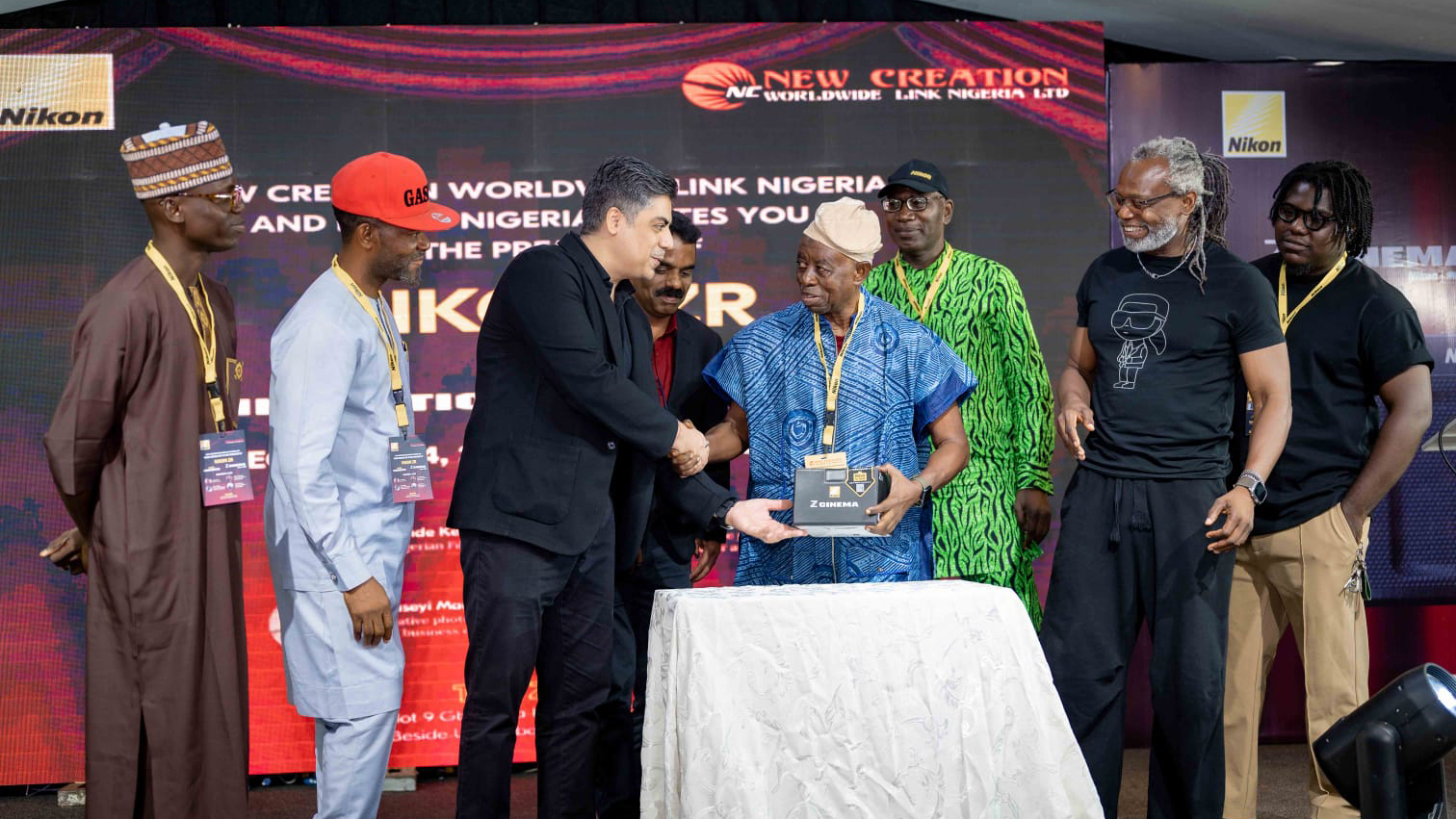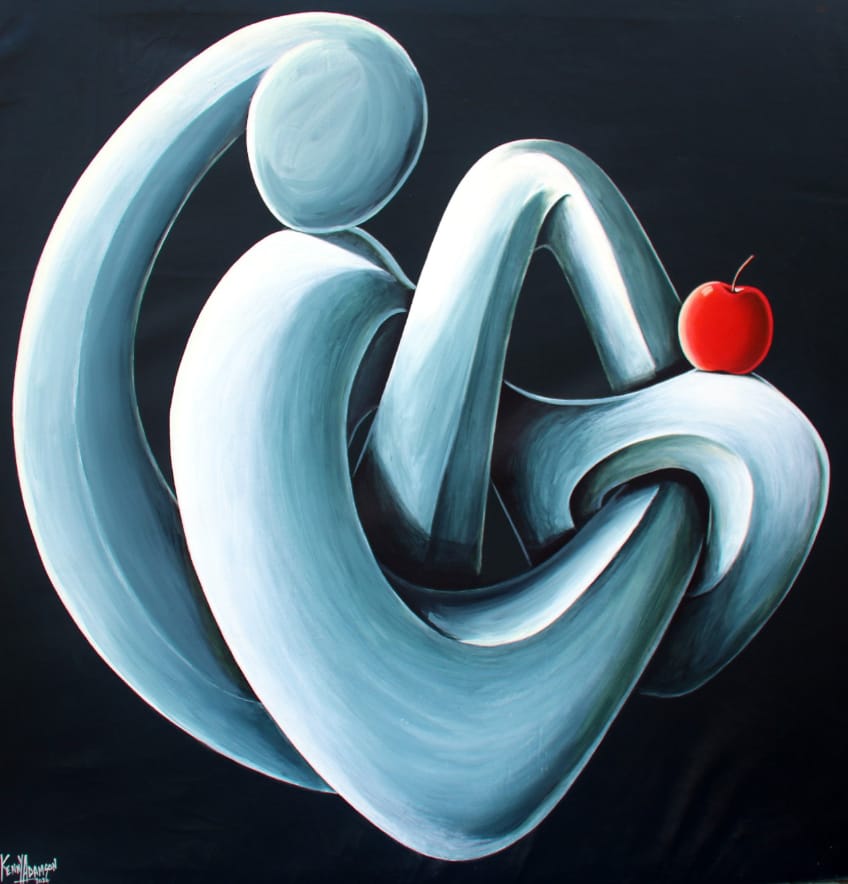
109 titles? How have you been able to do this?
LET me start by saying creative writing is magic, inspired, and a quantum burst of energy woven from the depths of humanity. From my youth, I was drawn to a red bound hardback collection of Shakespeare in my father’s law library. I, mostly, didn’t understand its contents, but I would read aloud until Papa would rescue the big book from me saying, ‘You suffer from misguided energy’. I had made a connection that would set me on today’s path. I was a good student of science, and I have a master’s degree in agronomy from University of Ibadan before the Master’s of Business Administration (MBA) from Nottingham, U.K. I relocated to the USA to practice systems architecture. I read many African writers growing up. The likes of Soyinka, Zulu, Ekwensi, Achebe, Rotimi and Osofisan -of that generation. In school, I read foreign storywriters: James Hadley Chase, Robert Ludlum and Mario Puzo. At the university, I attended the writer’s group only to make fun of the English major student friends. Privately, I wrote poems and short stories I dare not show anyone. Not until 2007, when the burst of inspiration overwhelmed me to the point that I gave in to the fits of pyrexia accompanying it. I soon abandoned it in favour of my architecture career, but returned to Nigeria in 2009, when I was encouraged by an English professor friend to publish three collections of my poetry. However, I didn’t write fiction until 2019. I have since cataloged 52 anthologies, a memoir, five plays, 49 fiction novels, and novellas works and two juvenile short stories.
How do you view the literary world from a global perspective vis-a-vis its impact or influence on humanity?
The creative work evolves our humanity. We are part of stories because our lives are stories. We are entertained and challenged by what is possible each time we speculate or devise or invent in the writing space. As humans, we aspire to do things, influenced by things we have read or seen dramatised. The greatest contribution we each have to the changing world remains stories, whether ours or those told of or by others.
You have been described as a philosopher, poet and writer across genres. Which exactly is your forte and why?
I can only say I have evolved. I started out as a poet and explored fiction and drama, which I rather and greatly enjoyed. Since, I have written romance, thrillers, suspense, and mysteries. I would say I am transforming to a combination of many of these genres. I believe there is a melting pot, which draws on our emotions in that blend. We may define it more accurately as telling a story of culture. This is not a widely recognised genre, but I want to believe it would be in future. I see books, which entwine history, social and cultural events to deliver delightful reading.
Creative Individuals like you are considered eccentric. To what extent does this describe your personality? Who isn’t eccentric or who can say he is without idiosyncrasies?
I have my share. Lots of it to be exact. I have been known disappear into my shell when writing and forget the rest of the world exists. How does that work for a man with a large family? I can be adamant, unbendable, and uncompromising on many social, cultural, and political matters to exerting points. I transfer these unto many of my characters. I live with them and hardly without them in my daily life. Come to think of it, lately, I suppose my writings are my personality.
Why have you waited till the 25th edition of LABAF to showcase yourself and works in Nigeria?
Good question! Timing is everything. I wanted to find a voice for the story of culture. I think I found it early last year, after I wrote ‘Yellow Tulip’ play – a period piece. The story of a teacher whose bride was taken over by a British Imperial officer in Nigeria and not without the African consequence.
I have since published four or five culture styled stories.
What is the driving force or inspiration behind your literary works?
I told a story some time ago that I receive inspiration from spiritual forces outside of the earth realm. I think I am sticking to that story. There is a crossroad between what we feel and what is deposited in our minds. I don’t pull a research topic and write. I get inspired on a topic and write it. There is a difference!
Nigerians in the Diaspora like you don’t think much of their nation. Why do you think this is so? And do you fall into that category?
I don’t know how accurate the assertion is. I am a Nigerian first and an American, second. I think of my nation. I love my nation with all its quirkiness. I wrote a collection of poems, titled, Hope For a Nation, back in 2015, or so. To your question, I suppose some people in diaspora have the benefit of comparing their experiences there with what they see when they look back at Nigeria and see no hope. I see hope, because we are the architects of that hope, especially us, creative writers, journalists and critics. We have the unique opportunity to help shape how the rest of our population think, act, and live out their lives reading what we have written. I want a better Nigeria. If I were called to serve it, I would do so. Today, I think I can serve it best by contributing to its indigenous literary works.
Writers, philosophers and poets borrow a lot from the historical, social cultural and governance spaces. Which is more prevalent across your 109 titles?
Interesting question. Writers live in these spaces you’ve described. These spaces add colour and character as settings in our works, whether it is contemporary or period titles. I tend to borrow more from history and sociocultural in my works. I recently completed historical romance fiction, Whistleblowers of Black London, in my backdoor attempt to show that the slave trade didn’t end without the great contribution of Africans. As for governance, I am thinking in future of a satire – My Pikin Friday -or a similar title to dissect people in governance.
With technology constantly redefining the world, how much has this impacted the literary world?
We are at the precipice of this change. The tipping point will come when readers would have to decide whether they prefer books crafted by humans of artificial intelligence. I’m rooting for old style writing over technology here. But you are talking to someone who likes period pieces more than contemporary writings. Maybe, I am simply old school. I would say this -The few things I like about technology in the creative space is it give us tools to get our work easily done not doing our writing for us. I draw a line there. There is something about burning the midnight oil, striving to construct a sentence with meaning, editing it out, and finding another that fits the emotions one wishes to share, then revising it all, pouring in some literary devices to enhance the readers’ pleasure. It is worth all the sweat when you the writers read it and laugh. I still go back to revise books I have published- how crazy is that?
With 109 titles under your belt, what should we expect as the years go by?
I want to do more with children and youth books. Something that subtly teaches literature, but it is a fun story to read. Maybe in future more for our Nigerian adults‘ entertainment- rich in our sociocultural and historical nuances. I believe we have left this genre to foreigners. Our children are still reading poems in schools written by imperialists, memorising William Shakespeare in high schools, and universities are not teaching what our writers write. I avoid hard-boiled anti-governance playwriting or commentaries. Some said, if I do more of it I would win literary prizes, but much as I like to be recognised for the breadth of my work or single parts of it, I rather not delve into criticising our nascent democracy or its leadership. I don’t need to speak truth to power. Power knows the truth it perverts. I rather spend time saving the children -the youth, the engine of our future.
I wish to start at the beginning. One book for primary and the other for secondary school student. I worked on two titles in this sphere this year – The Good Friend and At Sea Without You – both I hope would be embraced by our own educational system. I’m in discussions with local publishers and hope to engage our public at the LABAF conference. Maybe early next year to see of the educational system would evaluate it for teaching our children. If we don’t teach them our stories, they will continue to learn the story of foreigners.






